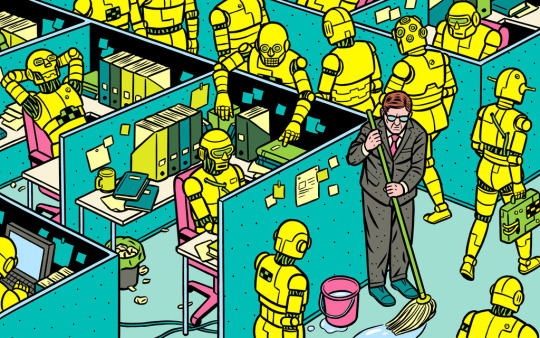With under a month to go before the UK makes its momentous
decision, claim and counter claim are reaching hysterical heights. Still stuck
in the UK, but with my postal vote already waiting in Spain I am woken each
morning by the Today radio programme and the latest astounding announcements.
We are told that wages will fall and prices will rise, or taxation will fall
and democracy will rise. Meanwhile yet another large group of experts have
simultaneously written a letter saying that we should stay whilst a survey
shows that small businesses think we should go. Barrack barracks whilst Borris
buffoons, David directs as Nigel neglects his position as a proportionately
elected MEP.
Sequestered in Stow, permanently on the verge of departing for
Spain, I miss the intellectual stimulation of Oxford and ponder whether anyone,
yes anyone, is intellectually capable of making this complex in/out decision. Yet
we all have a vote! One of my many casual pub acquaintances told me that no
rational person could think of voting to leave, and addressed the migrant question
by informing me that he once had a Romanian boyfriend so they are alright.
Meanwhile, as my wife waits anxiously, and impatiently, for
yet another grandchild to arrive, I’ve not been idle. I’ve been doing my bit
for Britain by upping our food production capability ready for our departure
from the EU or our continued membership of it. We currently own part of the
field behind our house and are engaged in a long legal tussle to get the lot
and, regardless of the outcome, I have extended the vegetable plot. This has
introduced me to a new skill: post and rail fencing. Hard work, but it looks
nice provided that you don’t look too closely. That done I then had a large
area full of weeds to deal with and chose the cardboard and muck solution: covering
the whole area with flattened cardboard boxes to rob the weeds of light, then
spreading five tons of cow manure (muck) onto it to keep the boxes down and
provide the goodness to grow potatoes and onions over the dying weeds. Perhaps
the answer to the question – to leave, or not to leave – will emerge from the
darkness of my manure heap where, beneath the light excluding cardboard, the
weeds are screaming “to leaf or not to leaf”.
A local beef farmer brought the muck in two large trailer
loads and, on each occasion, turned off the tractor’s engine once he had dumped
the stuff in order to chat – he doing most of the chatting. His diatribe covered everything from the modern
tendency for women to tend allotments through the various means of catching
rabbits to, of course, Brexit. On that subject he told me that his heart wanted
to leave, but his mind wanted to stay – a common dilemma. He explained that he depended
on the farming subsidy he received and didn’t trust the UK government to keep
doling out the money. Meanwhile he thought that the EU would continue to feed
the farmers “cos them Frenchies and Gerries knew how to ‘old ‘em to it”.
There are so many points of view and perhaps the answer does
lie in the soil: mud’s thicker than water. Most of the foreign groups that I
show around Oxford do think that we should stay, though one Italian I met
whilst passing through France suggested that we should leave saying, “You were never
really part of Europe anyway.”
You can still try my Brexit calculator if you wish, just
click here. Based on the small number who have chosen to share their results
with me its showing -0.75. An absolute outer would score -4 and an absolute
inner +3. So it’s tending towards out at present – but not by muck, oops, I
mean much.






